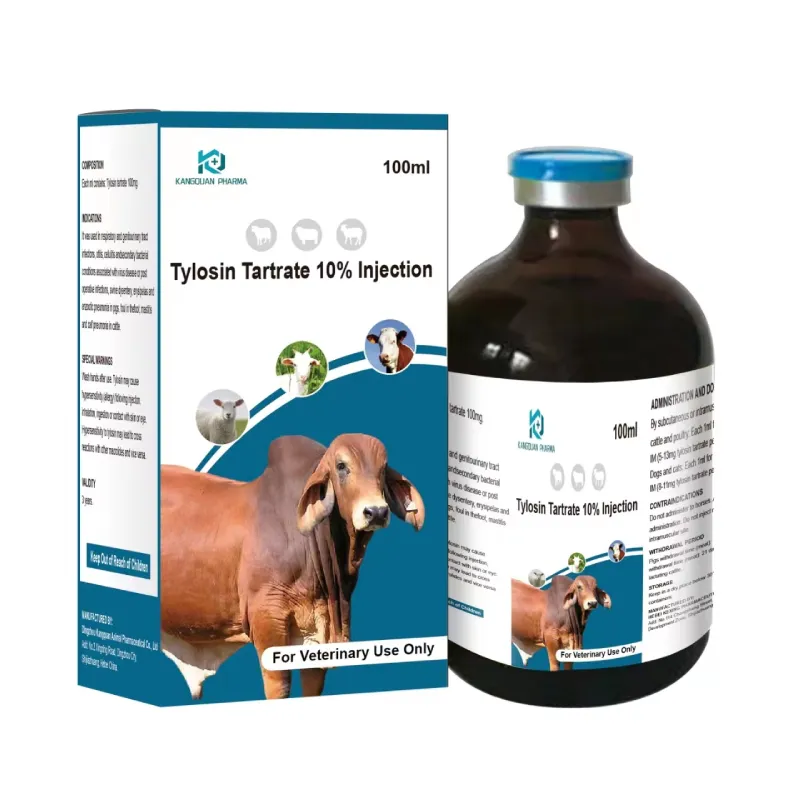- Afrikaans
- Albanian
- Amharic
- Arabic
- Armenian
- Azerbaijani
- Basque
- Belarusian
- Bengali
- Bosnian
- Bulgarian
- Catalan
- Cebuano
- Corsican
- Croatian
- Czech
- Danish
- Dutch
- English
- Esperanto
- Estonian
- Finnish
- French
- Frisian
- Galician
- Georgian
- German
- Greek
- Gujarati
- Haitian Creole
- hausa
- hawaiian
- Hebrew
- Hindi
- Miao
- Hungarian
- Icelandic
- igbo
- Indonesian
- irish
- Italian
- Japanese
- Javanese
- Kannada
- kazakh
- Khmer
- Rwandese
- Korean
- Kurdish
- Kyrgyz
- Lao
- Latin
- Latvian
- Lithuanian
- Luxembourgish
- Macedonian
- Malgashi
- Malay
- Malayalam
- Maltese
- Maori
- Marathi
- Mongolian
- Myanmar
- Nepali
- Norwegian
- Norwegian
- Occitan
- Pashto
- Persian
- Polish
- Portuguese
- Punjabi
- Romanian
- Russian
- Samoan
- Scottish Gaelic
- Serbian
- Sesotho
- Shona
- Sindhi
- Sinhala
- Slovak
- Slovenian
- Somali
- Spanish
- Sundanese
- Swahili
- Swedish
- Tagalog
- Tajik
- Tamil
- Tatar
- Telugu
- Thai
- Turkish
- Turkmen
- Ukrainian
- Urdu
- Uighur
- Uzbek
- Vietnamese
- Welsh
- Bantu
- Yiddish
- Yoruba
- Zulu
nov. . 18, 2024 07:45 Back to list
what drugs are used to treat intestinal parasites
Understanding the Treatment of Intestinal Parasites Common Drugs Used
Intestinal parasites, such as protozoa and helminths, are organisms that live in the gastrointestinal tract of hosts, often leading to a range of health complications. These parasites are particularly common in areas with poor sanitation and can cause symptoms such as abdominal pain, diarrhea, nausea, and fatigue. To combat intestinal parasites, various medications are utilized, each targeting specific types of parasites effectively. Here, we will explore some of the main drugs used in the treatment of intestinal parasites, their mechanisms of action, and considerations for their use.
1. Albendazole
Albendazole is one of the most widely used anthelmintic drugs. It is effective against a broad spectrum of intestinal parasites, including roundworms, hookworms, and whipworms. The drug works by inhibiting the polymerization of tubulin into microtubules in the parasite's cells, which ultimately leads to the disruption of glucose uptake and energy metabolism in the organism. The result is the death of the parasite, which is later expelled from the body.
Albendazole is typically administered as a single dose for uncomplicated infections, making it a convenient option for patients. However, it is crucial to ensure that the dosage is appropriate, especially in children and pregnant women, as its side effects may be more pronounced in these populations.
2. Mebendazole
Similar to albendazole, mebendazole is another benzimidazole derivative that is effective against a variety of intestinal worms, including pinworms, roundworms, and hookworms. Mebendazole works by disrupting the metabolism and reproductive cycle of the parasites, leading to their eventual death.
Mebendazole is usually well-tolerated, but its absorption can be affected by the presence of food, making it advisable to take the medication on an empty stomach for best results. The dosing schedule may vary based on the type of infection, with some cases requiring multiple doses over several days.
what drugs are used to treat intestinal parasites

Although primarily known as an antibiotic, metronidazole is also effective against certain protozoan parasites, particularly Giardia lamblia, which is responsible for giardiasis, and Entamoeba histolytica, which causes amoebic dysentery. The drug functions by entering the protozoan cells and interfering with their DNA structure, ultimately impairing their ability to replicate and survive.
Metronidazole is generally well absorbed and has a broad therapeutic window. However, it is essential to monitor for potential side effects, which can include nausea, headaches, and, in some cases, a disulfiram-like reaction if alcohol is consumed during treatment.
4. Nitazoxanide
Nitazoxanide is a relatively newer anthelmintic and antiparasitic medication that is effective against various protozoan infections, specifically Giardia and Cryptosporidium. It works by inhibiting the pyruvate-ferredoxin oxidoreductase pathway, which is crucial for anaerobic energy metabolism in these parasites.
Nitazoxanide is convenient as it is available in both oral tablet and suspension form and is often prescribed for a three-day course. It is generally well tolerated, with minimal side effects, making it an excellent option for both adults and children.
5. Praziquantel
When treating certain types of intestinal flukes and tapeworms, praziquantel is often the drug of choice. It works by causing severe spasms and paralysis of the parasites, facilitating their elimination from the host's body. Praziquantel is effective against various species of schistosomes and is usually administered as a single dose or in a short course.
Conclusion
In summary, the treatment of intestinal parasites involves a variety of pharmacological agents, each tailored to target specific organisms. The choice of medication depends on the type of parasitic infection, patient demographics, and potential side effects. It is important for healthcare providers to diagnose the infection accurately and to administer the appropriate treatment to ensure effective elimination of the parasites and to minimize the risk of complications. As we continue to tackle the global burden of intestinal parasitic infections, effective and safe treatments remain a critical part of public health strategies.
-
Guide to Oxytetracycline Injection
NewsMar.27,2025
-
Guide to Colistin Sulphate
NewsMar.27,2025
-
Gentamicin Sulfate: Uses, Price, And Key Information
NewsMar.27,2025
-
Enrofloxacin Injection: Uses, Price, And Supplier Information
NewsMar.27,2025
-
Dexamethasone Sodium Phosphate Injection: Uses, Price, And Key Information
NewsMar.27,2025
-
Albendazole Tablet: Uses, Dosage, Cost, And Key Information
NewsMar.27,2025













